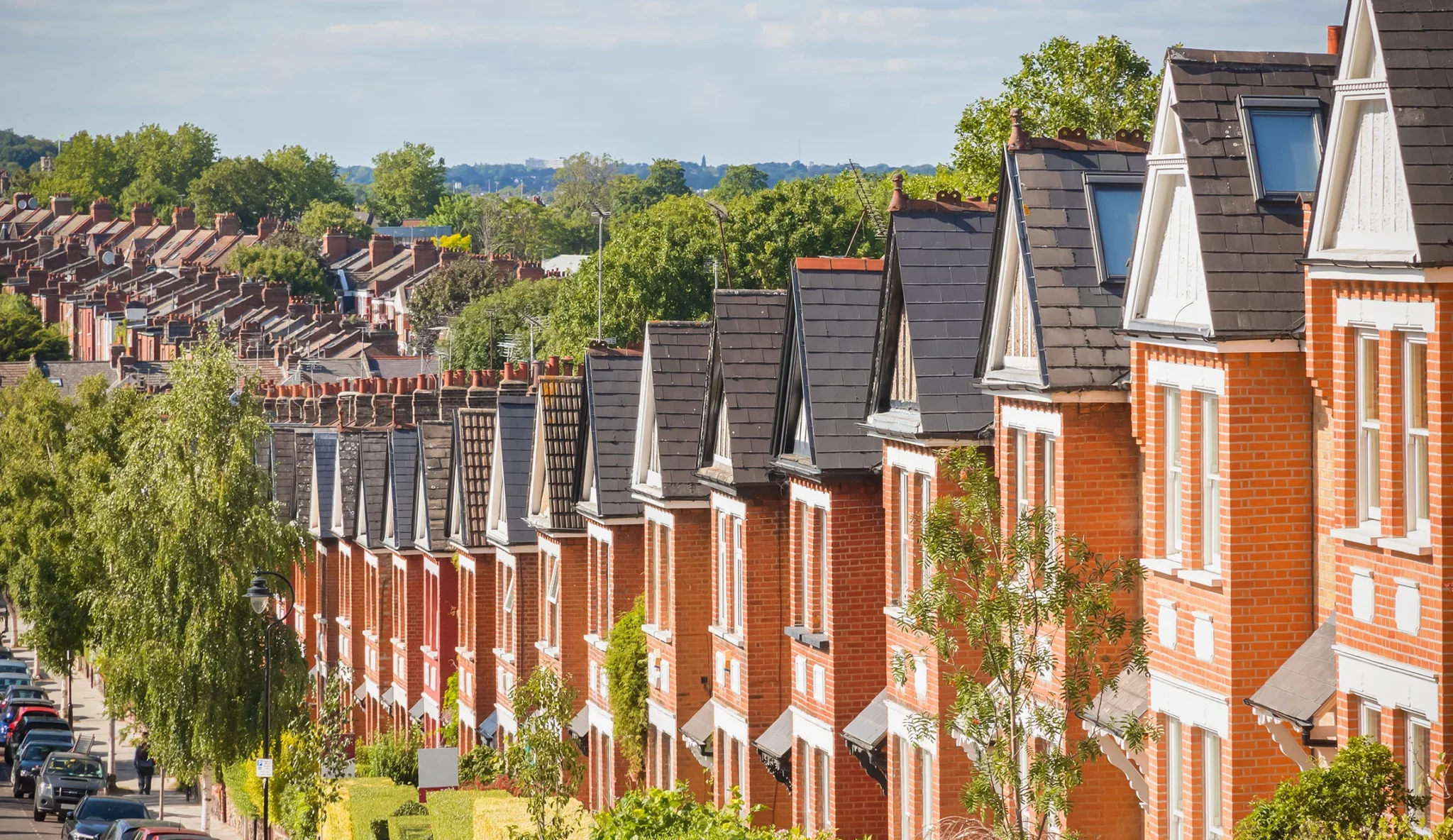Capital Gains Tax on the sale of land or property – FAQs
Are you looking to sell your land or property? If you make a gain on the sale you may have to pay Capital Gains Tax (CGT). This depends on the type of land or property that you are selling and in what manner.
I am selling part of my land. What do I need to pay Capital Gains Tax on?
You will only pay CGT on the gain in proportion to the land sold.
Where you have disposed of less than 20% of the market value of the land you hold, if the proceeds are less than £20,000 you can make an election not to charge to capital gains tax at the point of sale. Instead, the amount received will reduce the allowable expenditure on the eventual sale of the remainder of the land. This is a claim that needs to be made through your self-assessment tax return.
The proceeds received from the sale are taken in full, but the allowable cost is a proportion of the original cost against the value of the land retained.
I own the freehold of my property, but I am thinking about granting a lease. Will I be liable to Capital Gains Tax?
Any premium received will be liable to CGT and the capital gain is calculated using the part disposal formula. It is advisable to speak to our specialist team to help you with this calculation. This allows for some of the original cost of the freehold to be relieved against the gain.
I own a lease for a residential property and intend to sell it. Will I need to pay Capital Gains Tax?
You will likely have to pay CGT on the proceeds of the sale dependent on the length of the lease.
A long lease is a lease that has more than 50 years to run at the date it is sold. The gain is calculated using the proceeds received less any costs.
A short lease has 50 years or less to run when the taxpayer sells it. It is therefore a ‘wasting asset’. The allowable cost is restricted for short leases using percentages set by HMRC for the years of the lease remaining at the date of sale and the date of purchase.
I have sold my house, but I rented it for a brief period. Will I need to pay Capital Gains Tax?
You may have to pay CGT on the gain of the sale. There are reliefs available under Principal Private Residence Relief. Briefly, this depends on the period of ownership and whether you have any qualifying periods of absence e.g. absences for whatever reason totalling three years, absences during which you’re in employment outside the UK etc. You will always get the last nine months of occupancy.
If you rent out a room whilst living in your home, there is an additional exemption known as lettings relief.
For more information, read our recent article to learn more about paying tax on the disposal of your home.
I am a UK resident and sold an overseas property. Will I have to pay Capital Gains Tax on this sale?
You may have to pay CGT in the UK on this sale. It is also possible that you will suffer capital gains tax at the rates of the country in which the property is situated.
There could be double tax relief available at the lower of the foreign tax paid and the UK CGT paid.
What rates do I pay Capital Gains Tax at?
The rates of CGT are dependent on whether you are a basic rate taxpayer or a higher/additional rate taxpayer.
| Type of property/land | Rate of CGT: Basic Rate Taxpayer | Rate of CGT: Higher/Additional Rate Taxpayer |
| Residential | 18% | 28% |
| Commercial | 10% | 20% |
If selling a residential property, any tax due and the relevant capital gains tax return will need to be completed and paid within 60 days of completion.
I previously sold some shares and made a loss. Can I use these against the chargeable gain?
In short, yes. However, this will depend on the nature of the loss you currently have. If it was due to a disposal of a capital item and gave rise to a capital loss, this can most likely be used to reduce the tax you will need to pay on the gain.
If you are self-employed and your business makes a loss, there is also the possibility of using these losses to reduce the tax on a capital gain but please seek advice from a professional first.
If you have a question surrounding CGT, speak to our team today.

Let’s get started
Contact page
Contact Us





